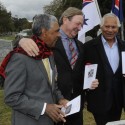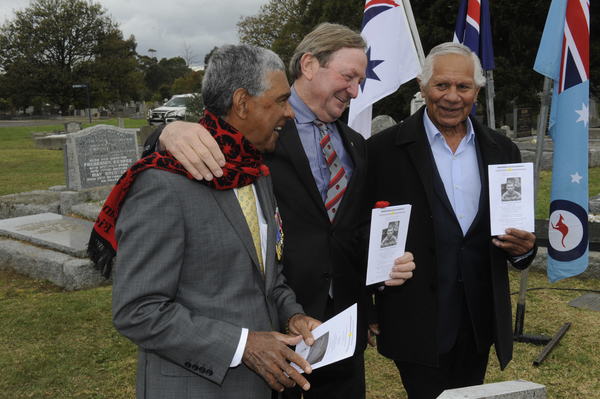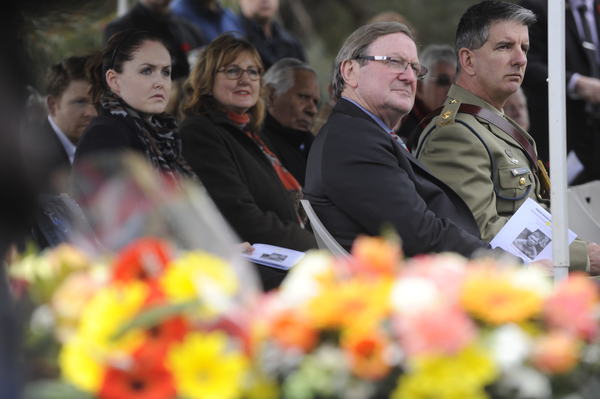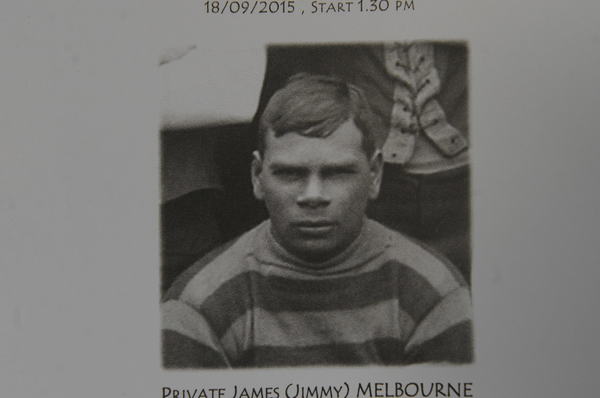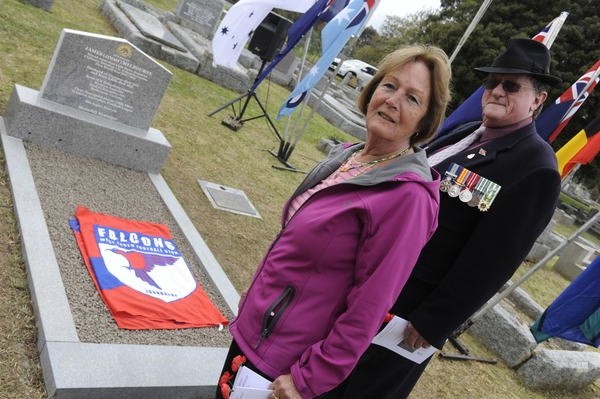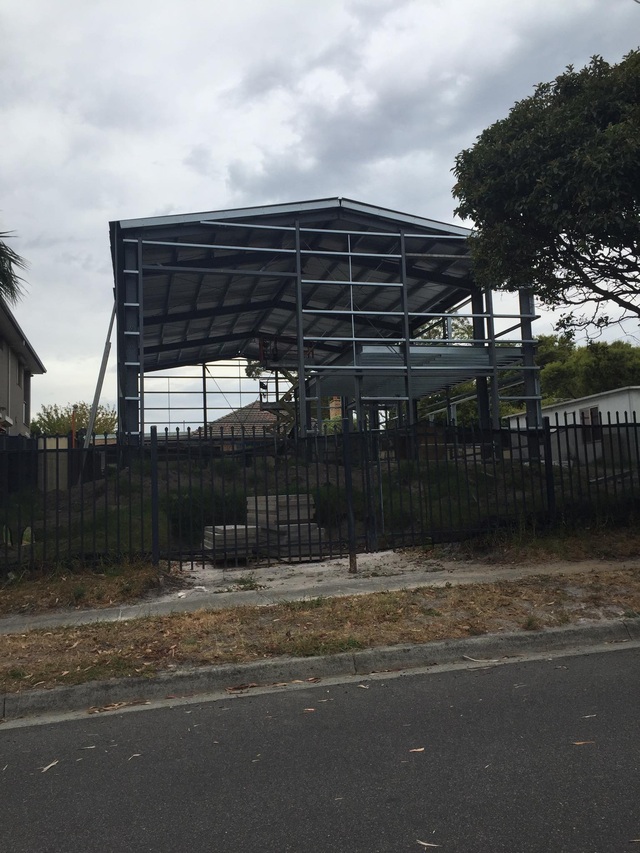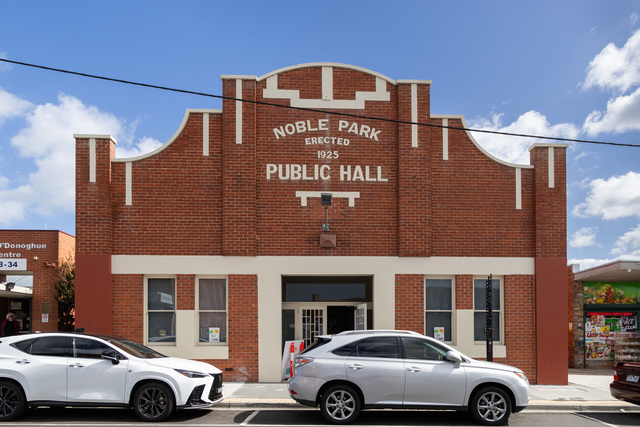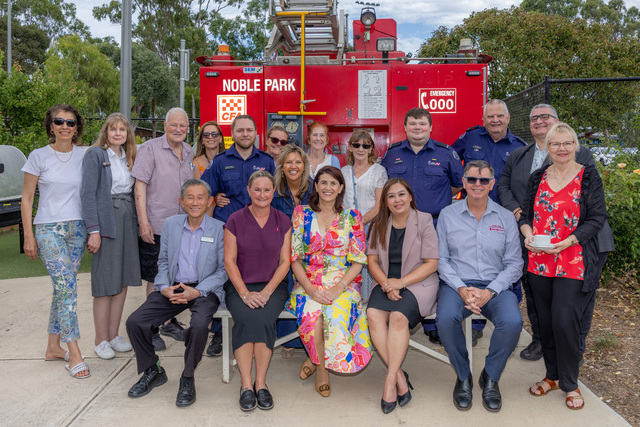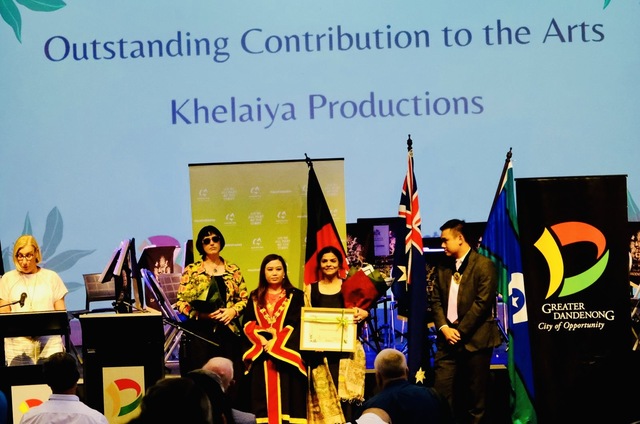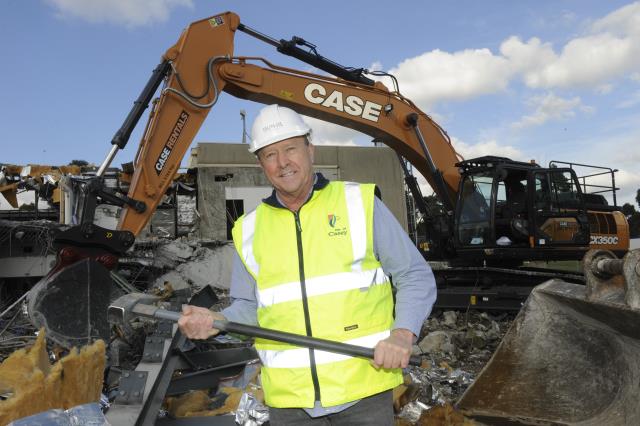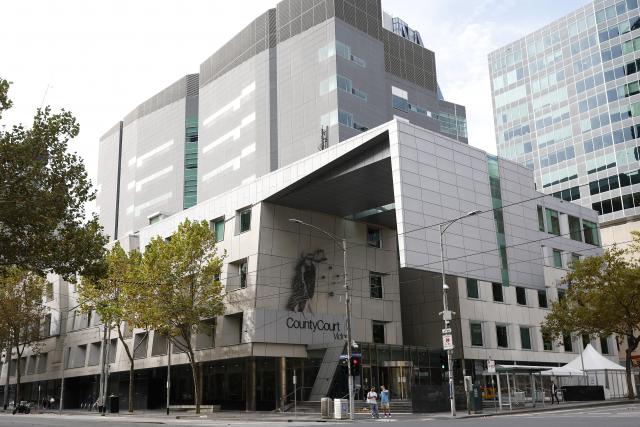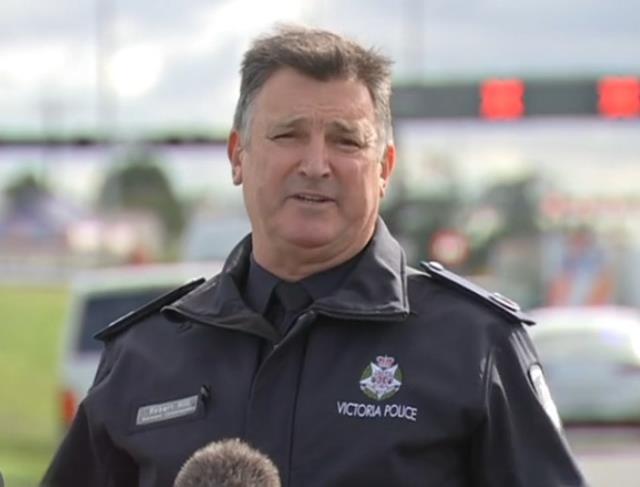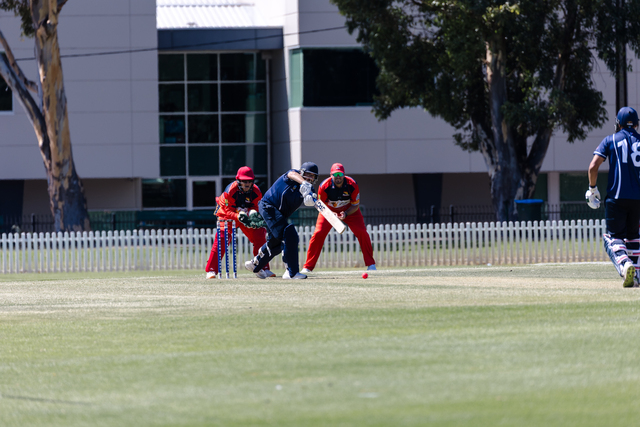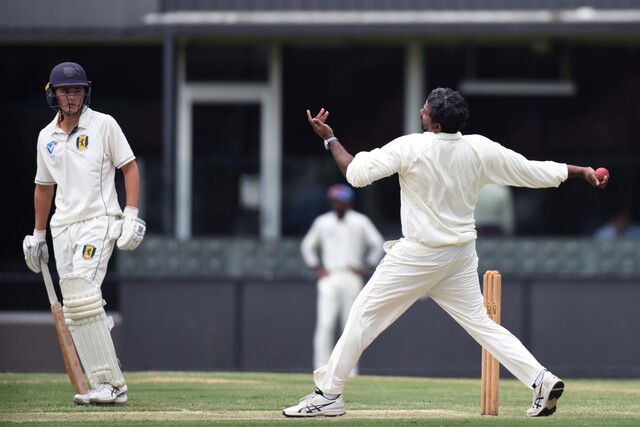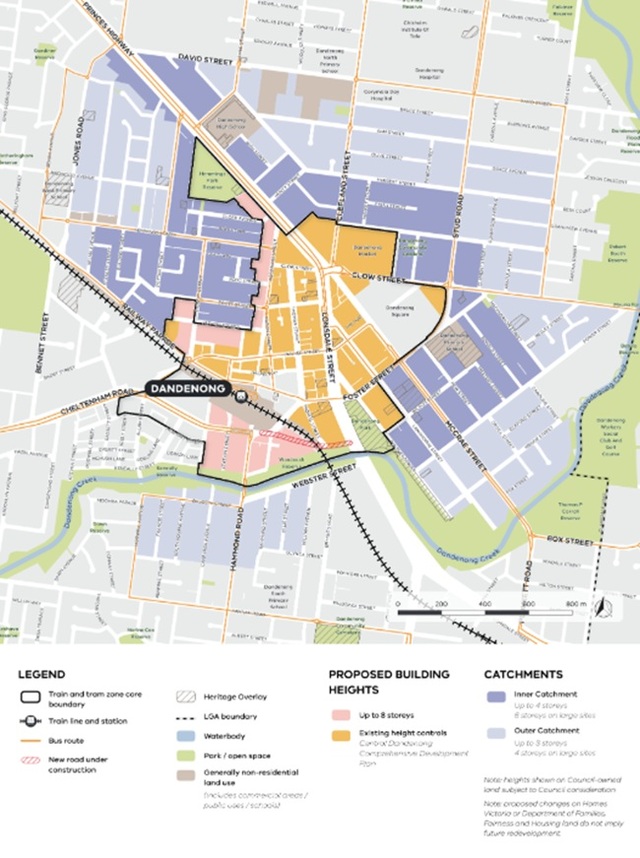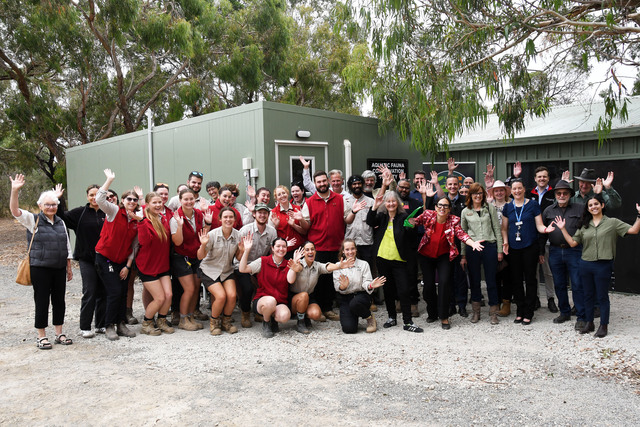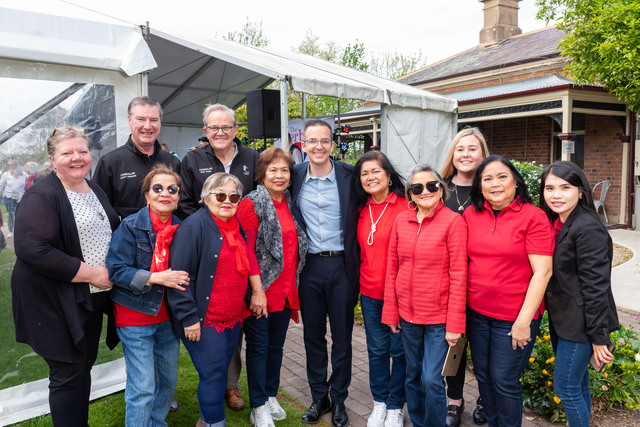By CASEY NEILL
FOR almost 80 years, Private James ‘Jimmy’ Melbourne has languished in an unmarked grave at Springvale Botanical Cemetery.
The World War I veteran and football pioneer received long-overdue recognition on Friday 18 September when Honouring Indigenous War Graves (HIWG) unveiled a headstone marking his final resting place.
Didgeridoo player Mort Hansen performed a personal message to Jimmy, “letting his spirits know this day is for him”.
The service also included The Ode and a smoking ceremony “to ward off evil spirits and to free the souls of the veterans and all people attending the ceremony”.
HIWG president John Schnarrs travelled from Western Australia to attend and was thrilled with the turnout, which included AFL legend Kevin Sheedy.
“It was really good to see,” he said.
Mr Schnarrs said HIWG chose to honour Private Melbourne “because of what he’d achieved”.
Western Australian Department of Aboriginal Affairs detailed Private Melbourne’s life in They Served With Honour: Untold Stories of Western Australian Aboriginal Servicemen at Gallipoli.
He was born in 1876 in Western Australia’s York area, spent time in the Native and Half Caste Mission in Perth, and in the 1890s excelled as a jockey, Australian Rules footballer, boxer and cricketer.
He represented AFL side West Perth in June 1900, the first Aboriginal person to play the game at a state level.
The Western Australian Football League in 2007 created the Jimmy Melbourne Cup and each year awards it to the winner of the South Fremantle-Claremont clash played during National Aborigines and Islanders Day Observance Committee (NAIDOC) Week.
In 1912, Private Melbourne moved to Melbourne with his wife Florence Jones.
He enlisted in the Australian Imperial Force (AIF) on 21 March 1915, listing ‘groom’ as his profession.
During his service with the Australian Light Horse Regiment’s 7th Reinforcements of the 5th Battalion, Private Melbourne served in Gallipoli and suffered a fractured hand, influenza and tuberculosis.
In May 1916 he was discharged suffering from severe deafness and asthma and arrived back in Melbourne on 26 July 1917.
Records show Private Melbourne separated from his wife, worked on the wharves and in 1936 married ex-army nurse Marie Edith MacWilliams.
He was killed at their home in Tope Street, South Melbourne, on 13 December 1937 and his landlord was convicted of his manslaughter and sentenced to five years in prison.

